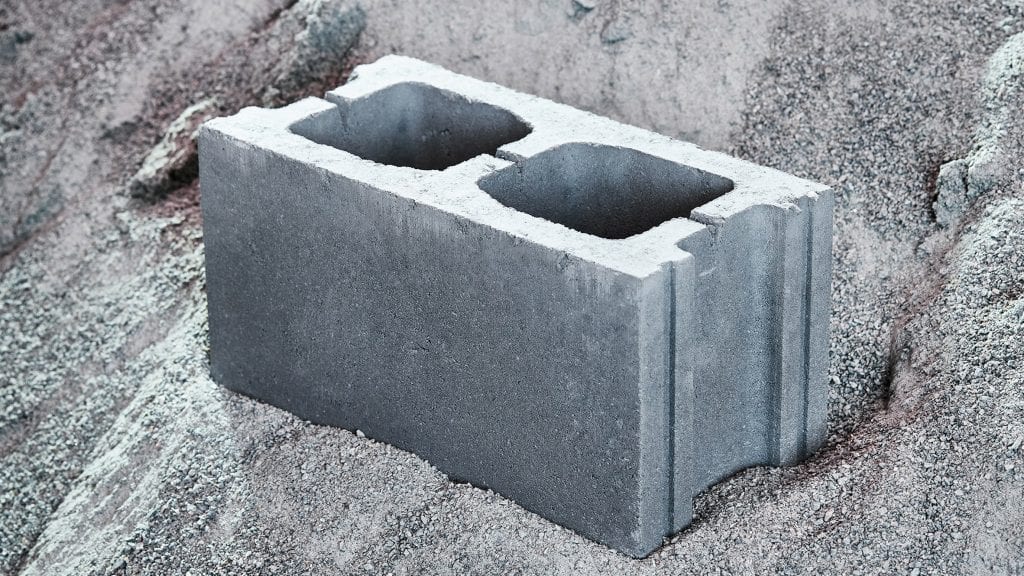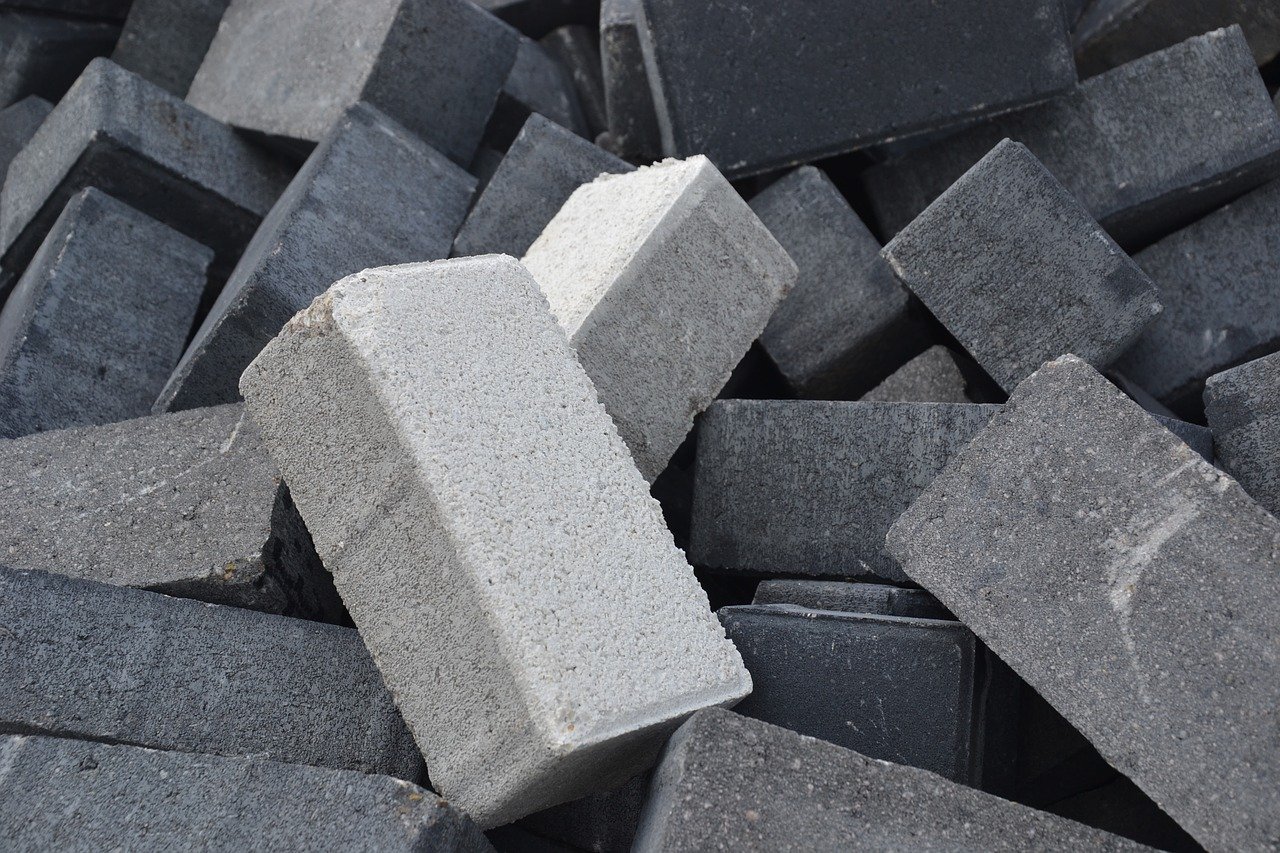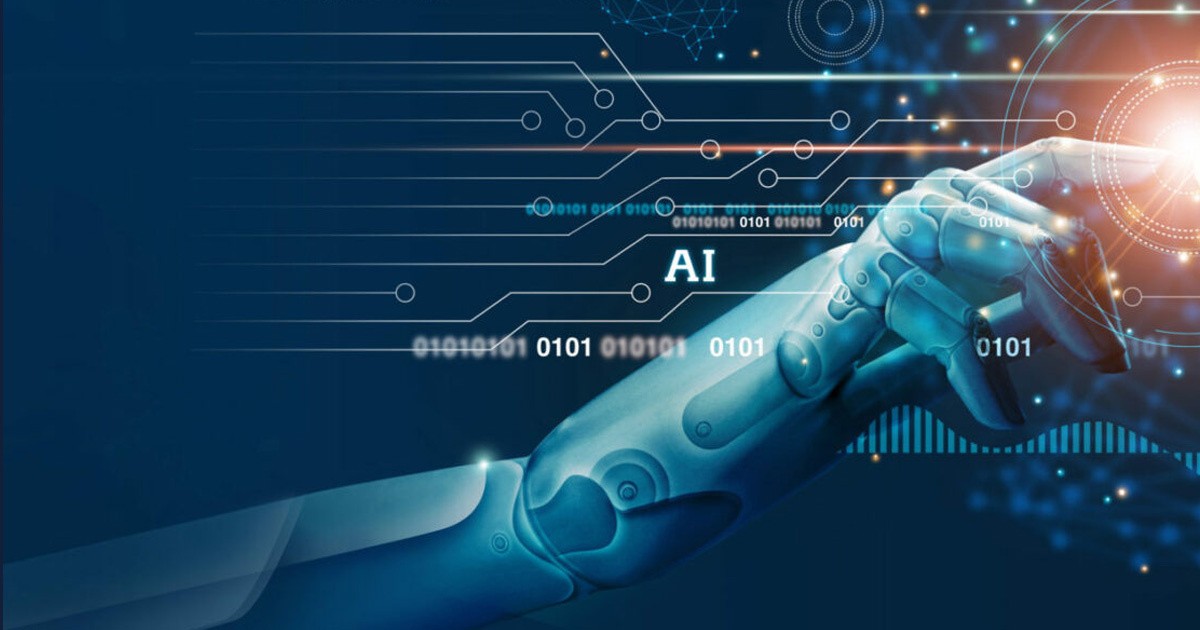Hello!
 Concrete and cement are the most important industries in terms of infrastructure and jobs. As of September 2022, 7.7 million were working in construction. This number is growing. According to the Associated Builders and Contractors, industry employment increased by 4.2% or 311,000 jobs in July 2022.
Concrete and cement are the most important industries in terms of infrastructure and jobs. As of September 2022, 7.7 million were working in construction. This number is growing. According to the Associated Builders and Contractors, industry employment increased by 4.2% or 311,000 jobs in July 2022.
Without the construction and maintenance of roads and buildings, the manufacturing, transportation, and housing sectors would be extinct.
In Other Words, Concrete is Essential to Keep The Economy Thriving and Growing.
Customers of cement know that they can choose the commodity from any number of vendors within the network. However, they are demanding that companies meet their needs to keep them satisfied.
Concrete companies must provide exceptional customer service. For CEOs to be successful, they need to provide exceptional customer service.
However, few people know how to deliver it. There are many tools that concrete and cement industry executives might not have considered.
The industry Struggles to Provide Solid Customer Service
 A concrete company’s success depends on its ability to grab market share and use a push approach. You may not have the right tools to accurately segment customers and score them. This can help concrete businesses achieve higher throughput, better on-time-in-full rates, and healthier margins.
A concrete company’s success depends on its ability to grab market share and use a push approach. You may not have the right tools to accurately segment customers and score them. This can help concrete businesses achieve higher throughput, better on-time-in-full rates, and healthier margins.
It is becoming more difficult to manage concrete lead times as cement production is limited by emissions regulations.
The United States imports the most cement of any country.
Cement imports amounted to over 22 million tonnes, with a value of $1.83 billion. Cement, like many other industries, is facing increasing pressure to maximize production and minimize waste. Artificial intelligence can really make a difference in this area.
How to Use AI for Supply Chain Operations
The concrete industry’s unique challenges can be solved by AI. An AI that is good at detecting changes in weather, commodity prices, and election cycles can help to determine the project’s pace.
 This tool can organize concrete trucks across the network and optimize customer mix to improve on-time-in-full rates.
This tool can organize concrete trucks across the network and optimize customer mix to improve on-time-in-full rates.
There are many applications for AI at the manufacturing level.
It can optimize your blend for higher yield, or orchestrate alternate fuel use. You can even engineer concrete formulas in a lab.
These are proven ways artificial intelligence can help your business.
1. Take Control of Your Lead Time
Think holistically first. First, think holistically. AI can also be used to optimize your mix, location, and customers. This will increase your contribution margin (or the money you make for each unit sold after subtracting your costs).
2. Visualize Customer Behavior
AI can assist you in visualizing data for everyday situations. This includes locating alternative sources of data and suppliers to assess the impact on overall costs.
AI can be used to track key performance indicators
 AI can be used to track key performance indicators, which can help you better understand the needs of your customers, such as their preferred delivery times, frequency of orders, demand patterns, and return policies.
AI can be used to track key performance indicators, which can help you better understand the needs of your customers, such as their preferred delivery times, frequency of orders, demand patterns, and return policies.
These insights can be used to identify patterns in data and to make changes to ensure your supply chain runs smoothly.
Also read:
- 3 Tips to Build Deep Tech Startups across Borders
- Things to Prioritize Before Starting Up to clothing business
- Top 10 React Bootstrap Themes
3. Gauge Customer Feedback.
After the order has been fulfilled, AI can be used to analyze customer feedback and satisfaction levels. This will allow you to continuously refine your products and services using real-time insights.
Real-time insights enable you to stay ahead of the game by identifying trends and patterns in customers’ buying habits over time. This will give you a better understanding of what your customers want and need from your company.
Concrete and cement are key drivers of jobs. AI technology can help your company gain a better understanding of customers’ needs and optimize supply chains to satisfy those needs.
You can capitalize on the power of existing data, machine learning, and other tools to stay ahead of market changes and deliver unmatched value.
Thank you!
Join us on social media!
See you!






